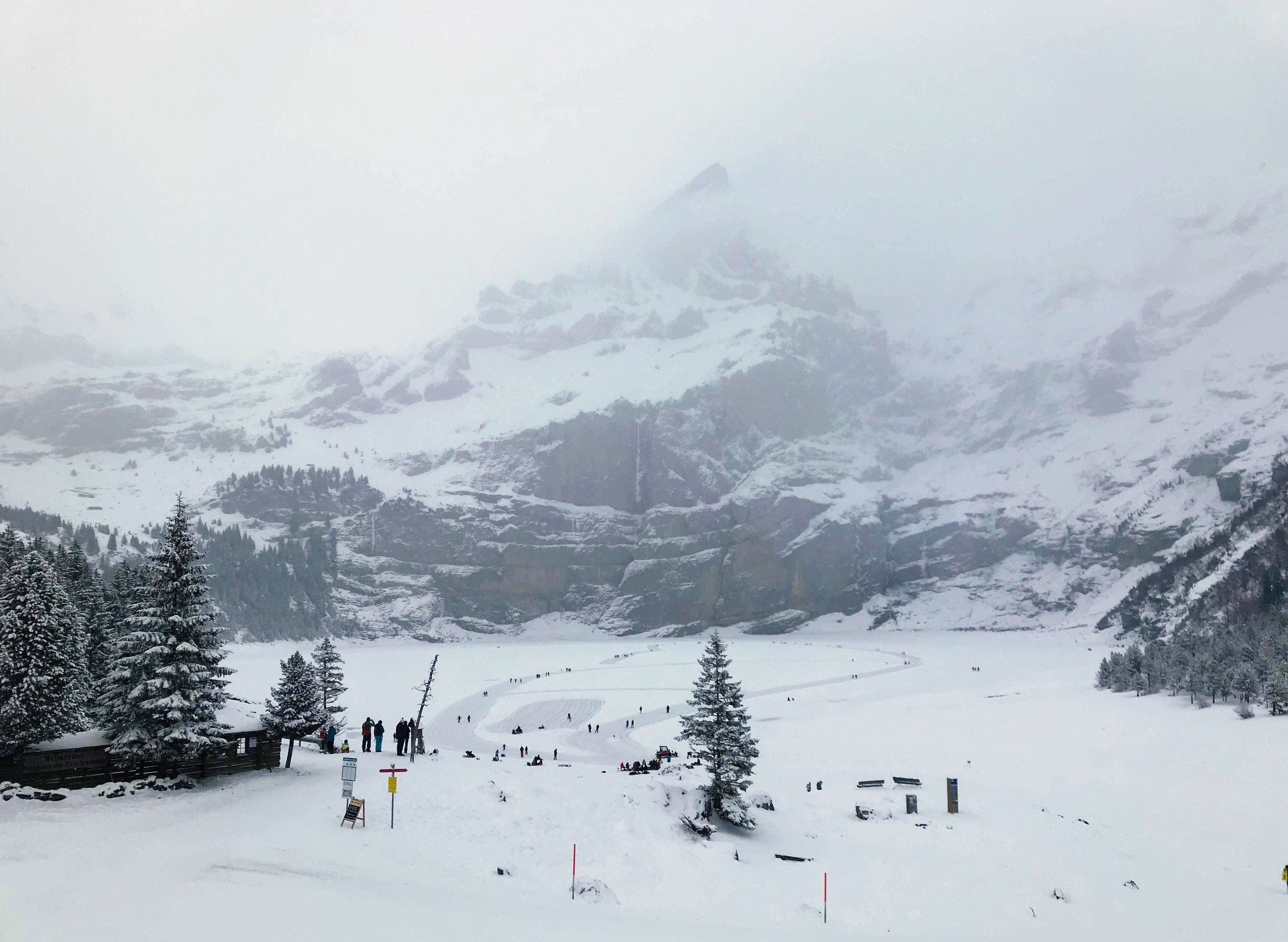All in Exploring Switzerland
Absinthe comes from the French region of Switzerland, in an area called Val-de-Travers, in the Swiss canton of Neuchâtel. It was produced here from the 18th century until 1910, when it was vilified, banned and bootlegged for nearly a century. Absinthe was re-legalized in Switzerland in 2005, and has slowly been making it’s revival. Today, around twenty microdistilleries produce absinthe throughout Val-de-Travers, and export many different types of the spirit all over Europe.
But every so often, there is a hike that is special (shh, don’t tell the other trails). And this one, the Brisen Peak and Haldigrat ridge, was special enough to merit its own blog post. There are a couple of reasons why. First, I had never even heard of this canton before, so the whole area felt a little bit undiscovered. Second, the whole experience felt “classically Swiss,” from start to finish. And third, this was a hike that challenged me in a new way. Physically demanding, yes. Tough, absolutely. But I wasn’t expecting it to be so mentally taxing.
A ride on the Glacier Express is anything but fast. The 290-kilometer trip through the Swiss Alps, from Zermatt to St. Moritz, takes over 8 hours, with 291 bridge crossings, 91 tunnels, 2000+ meters of elevation gain. It’s essentially the length of a transatlantic flight (but without any turbulence!), all within little landlocked Switzerland. We rode the #glacierexpress around this time last January, and I wrote about the whole experience: each major leg of the journey, what to expect, and probably more train facts then you needed to know
It’s easy to get caught up in Zermatt’s appeal, from the Matterhorn to the world-class skiing to the wintry charm of the village itself.
But then, on the first Thursday night of the year, I came across something that seemed too unique to pass up - ice-skating on Oeschinensee. That is, ice-skating on deep-blue-turned-black-ice frozen lake nestled high up in the Bernese Oberland mountain range. And the closing argument: ice-skating on a frozen lake up in the mountains that’s only possible when weather conditions are exactly right. Cold enough to fully freeze the water, but without snowfall to cover the lake’s surface. It could last a few days, a few weeks, or simply never freeze over for nearly two decades. The magic only lasts as long as the snow doesn’t fall and the ice doesn’t melt. And right now, Lake Oeschinensee was the ultimate natural ice skating rink for just a few more days, until the forecasted big snowfall on the upcoming Sunday. Doubt of winter sports be damned, we were going ice skating.






